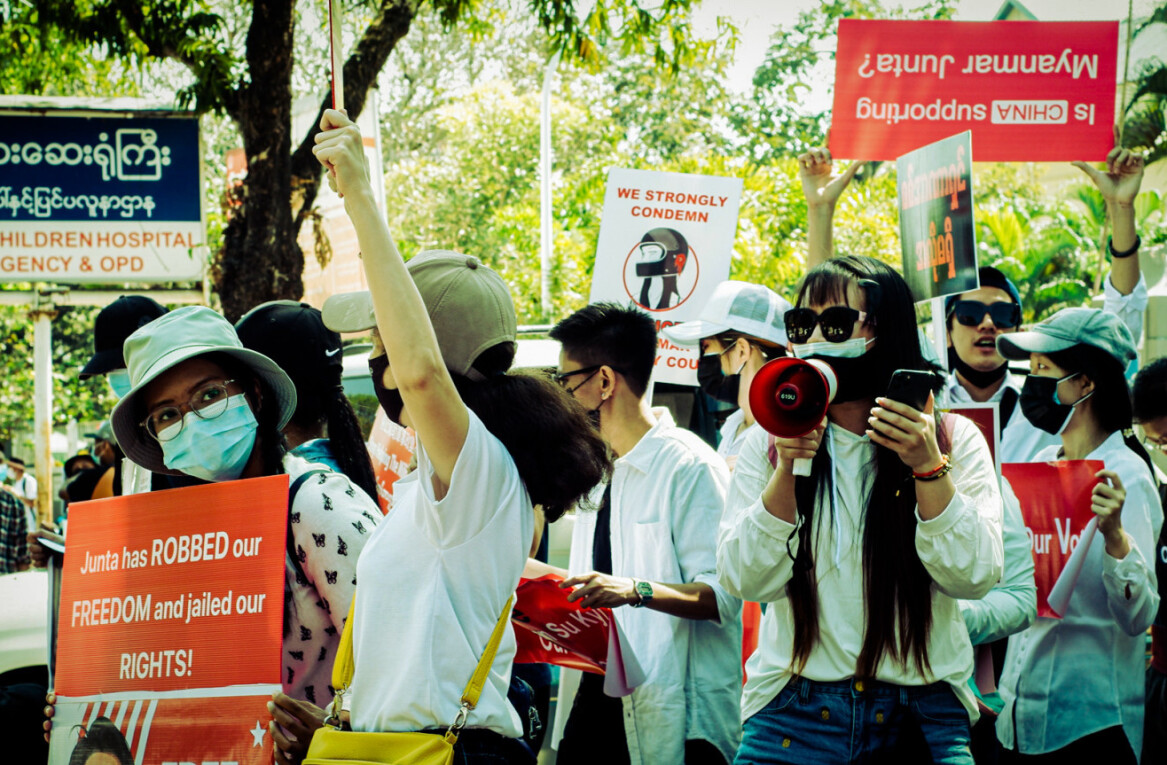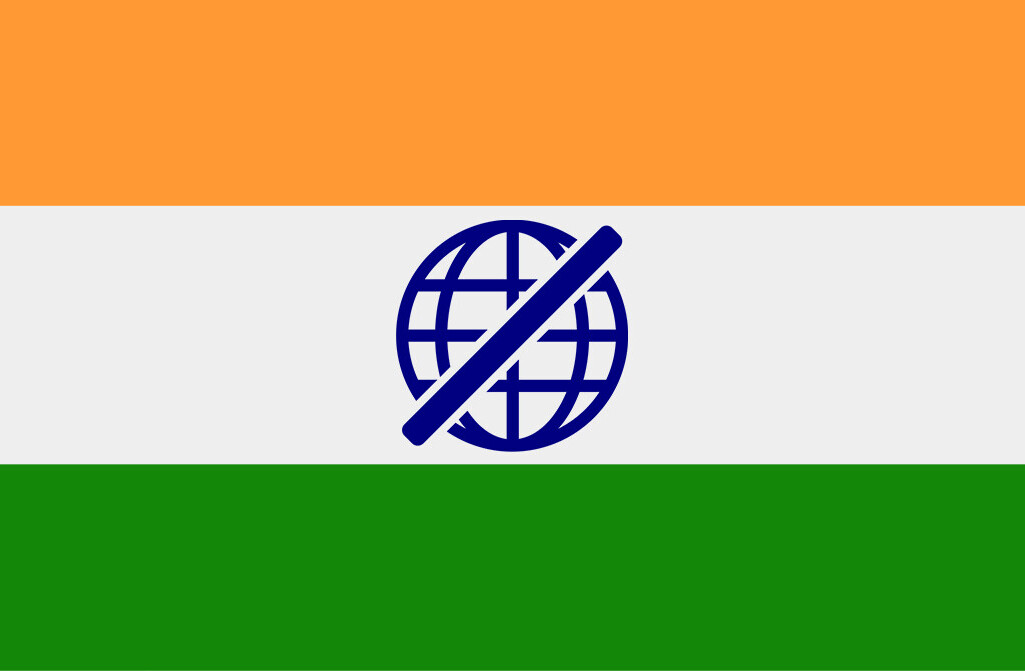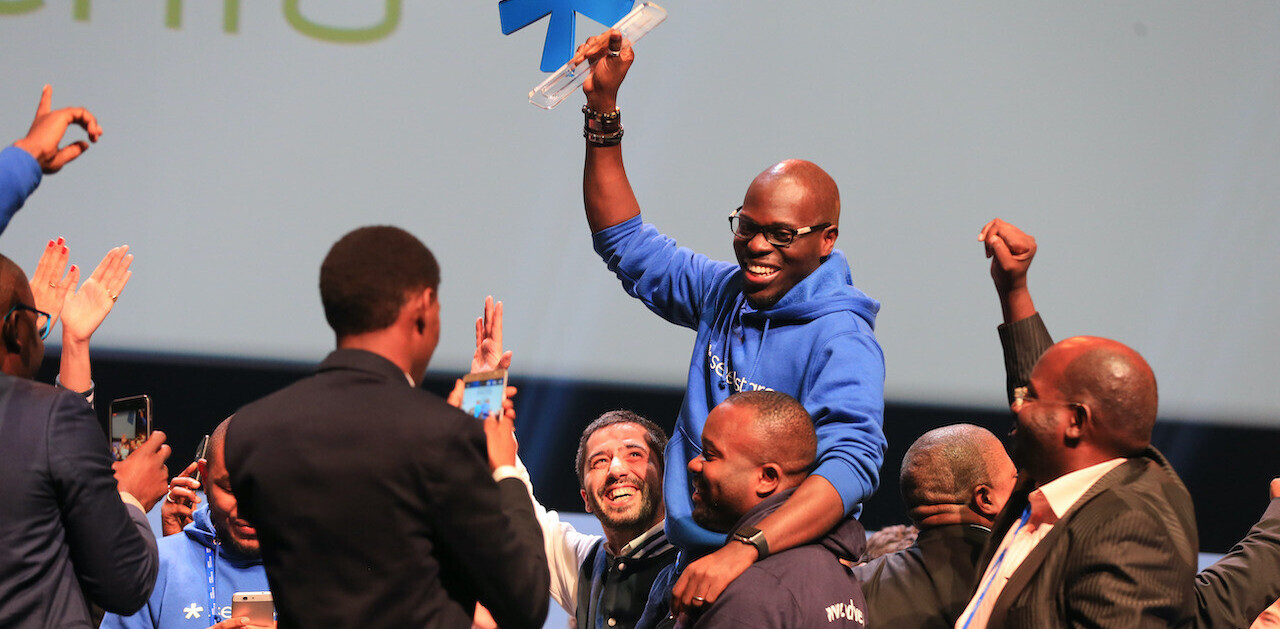
Budding tech entrepreneurs in Southeast Asia are set to benefit from more cash in the startup ecosystem, as Singapore-based accelerator program JFDI Asia announced today that it has raised S$2.7 million ($2.1 million) in funding. Investors that contributed include Singapore Infocomm Investments, the investment arm of government agency Infocomm Development Authority of Singapore, as well as Silicon Valley-based Fenox Venture Capital and Russian firm SpinUp Partners.
JFDI is a founding member of the Global Accelerator Network, which includes Techstars, Australia’s PushStart, Microsoft’s Azure accelerator in Israel, as well as South Korea’s SparkLabs. It is arguably the premier accelerator in the region. The investment announced today will no doubt bring cheer to the startup scene in the region, as it means that more funding can be funneled down to groom a bigger number of companies.
Today’s funding announcement marks part of JFDI’s plan to raise a total of S$6 million ($4.7 million) to scale up its operations and support investments in more startups. JFDI revealed in January that it would be running three installments of its 100-day startup bootcamp this year. The first batch this year will feature 14 teams, already more than it has supported in previous years.
In 2012, JFDI backed 11 startups which went on to raise a total of $4.1 million. In 2013, JFDI held two batches of its accelerator program and groomed 15 startups, some of which are still seeking funding while others have received investments totaling $3 million already.
JFDI CEO Hugh Mason tells TNW that other than startups merely benefiting from the capital it has raised, getting more startups essentially means there is more learning the organization can share.
“The fact is that Southeast Asia has its own dynamics as a market and the more startups we do here the more we all learn and can share about what works,” he says.
Next big trends in Southeast Asia
With the increased funding, what type of startups in the region will JFDI have its eye on?
Mason tells us that JFDI is most interested in startups that are tackling opportunities in areas such as healthcare, education and financial services — and the potential for technology to help is enormous given that the next billion people are coming online for the first time on mobile devices now in the region.
“I’d say that we are most interested in B2B (business-to-business) startups that are addressing really painful problems rather than the kind of fluffy B2C (business-to-consumer) projects that seem trendy in California right now,” he says.
In terms of trends, he predicts that financial services will be thrust into the limelight, given the billions of people who don’t have a bank account across the Southeast Asian region. There is huge potential for technologies, such as cryptocurrencies, to disrupt the scene and offer a totally different kind of financial service to users.
“I love the idea that cheap smartphones and tablets could be the catalyst for economic development that will transform people’s lives,” he says.
However, Mason also notes that it isn’t only about the ideas behind these startups.
More generally the important thing for us is to see teams, not individuals, who combine technical, business and UX skills needed for a successful startup with domain expertise.
An accelerator isn’t for everyone – some people are fiercely independent and we respect that. Our program works best for people who like learning from experienced people and who see that being part of a larger community is a way to get to where they want to be faster, with more fun and confidence than they would do alone.
What works for JFDI?
For those not aware of JFDI’s program, it functions much like a traditional Western incubator: startups get 100 days of mentoring and coaching, receive S$25,000 ($19,500) in funding, and pitch at a demo day that closes each class. The organization has an impressive record: it says more than 60 percent of its graduated startups move on to raise an average of S$650,000 ($513,000) per team from angel and seed investors.
Mason believes that innovation can be done in a structured setting. He tells us that the program has become more systematic over time. “That’s not to say that there is a sure-fire, crank-the-handle formula for a successful startup, but in conjunction with our partners around the Global Accelerator Network we now have a very clear idea of what doesn’t work,” he says.
Though JFDI is still to see an exit, the pipeline of startups — and subsequent funding — shows a healthy trend for the region. And with JFDI aggressively trying to secure more investment to groom even more startups, the chances of it eventually accelerating one that makes a big exit becomes even higher.
Headline image via Shutterstock, image via JFDI/Flickr
Get the TNW newsletter
Get the most important tech news in your inbox each week.






